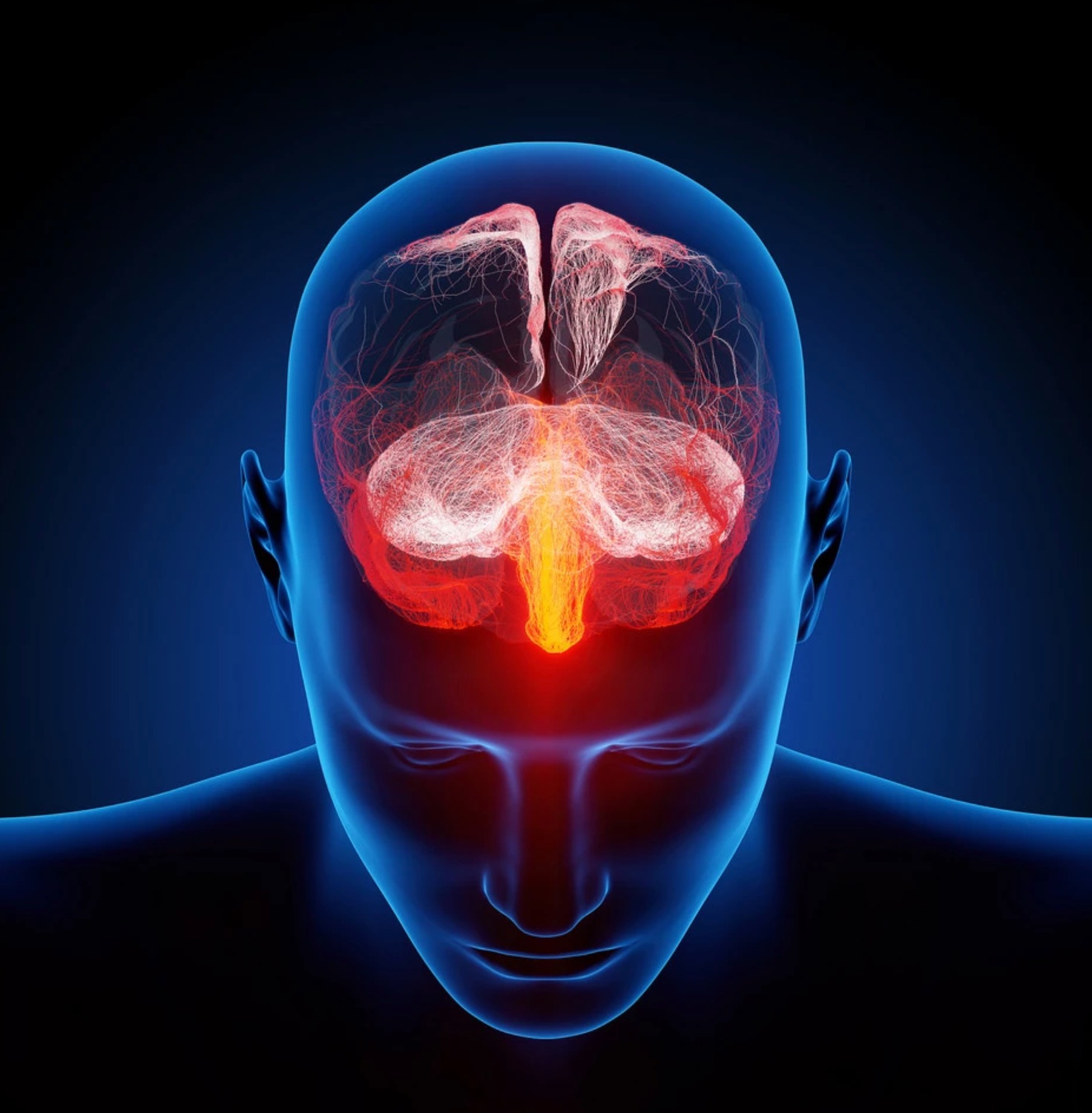
The link between inflammation and depression
Inflammatory markers are assocaited with depression. Usually we recognize inflammation, a signal that something is wrong, by pain. However, because the brain does not have pain receptors, it’s difficult for us to know when our brains are inflamed.
Researchers identify brain inflammation by quantifying levels of inflammatory proteins, such as C-reactive protein. New research is showing that markers of inflammation are elevated in depressed patients. In one study, researchers found that when depressive symptoms resolved, these signs of inflammation also decreased to normal levels. In another study, researchers measured C-reactive protein levels in over 1000 women for several years. They found that increases in C-reactive protein triggered the onset of depression. When inflammation was triggered, depression was triggered. Furthermore, when inflammation is created in healthy people, they develop depressive symptoms. On the flip side, anti-inflammatory treatments effectively resolve depression. That’s right: treatments that lower inflammation, not reset serotonin, are the real “antidepressants.”
THE VAGUS NERVE
The intestinal wall is our border with the outside world. Because the gut is where things from the outside (like food) are absorbed inside our bodies, the intestinal wall is designed to handle a many types of interactions with foreign matter.
Considering the functions of our gut, it makes sense that most of our immune cells are located in the gut. Further, the gut is home to our microbiome, the trillions of beneficial microbes that live inside our gastrointestinal tract.
When a potential threat is sensed in the gut, large, far-reaching inflammation occurs. This inflammation can travel directly from your gut to your brain, especially through the vagus nerve. The vagus nerve is a two-way information highway that connects 200-600 million nerve cells between our intestines and brain. Many of us have felt this gut-brain link. Have you ever been too stressed to eat or felt butterflies in your stomach?
Interestingly, this perceived stress, anxiety, and nervousness isn’t just in your head; it can lead to inflammation in your gut and beyond. While it’s best to manage stressors to reduce stress-related symptoms, like depression, I’ve found that one of the most direct and quick ways to calm the vagus nerve is through dietary change. Just as emotions send messages to your gut, food sends messages to your brain
HOW DOES FOOD CAUSE INFLAMMATION
There are many drivers of gut inflammation that leads to depressive symptoms. Processed foods, typical of the western diet, are one of these drivers as our body does not recognise them and so flags them as foreign. When we eat highly processed foods, our gut cells set off the alarm of inflammation. Further, many people are unknowingly eating inflammatory foods like gluten and dairy that cause allergenic reactions too mild for most people to notice. Sugar, artificial sweeteners, and casein proteins (found in dairy) have been shown to activate inflammation.
The typical Western diet can also cause nutrient deficiencies, as people are filling up on nutrient poor instead of nutrient-rich foods. Beyond food, many people pop pills without thinking about what they do to their bodies.
Consuming processed, nutrient-poor foods and pharmaceuticals can radically change the gut microbiome. Alterations in the microbiome, called dysbiosis (or “wrong living”), can lead to intestinal permeability, or leaky gut. Leaky gut fans the flames of inflammation and depression.
HOW CAN I RESOLVE THE INFLAMMATION AND DEPRSSION?For many people, committing to stop eating the top gut bombs that drive inflammation is an effective start to resolving depression. For others, it is useful to help the gut microbiome by supplementing with probiotics and following a gut healing protocol.
Please contact me for more information if you would like help. Email naomi@gutnutrition.co.uk or call 07850897304
